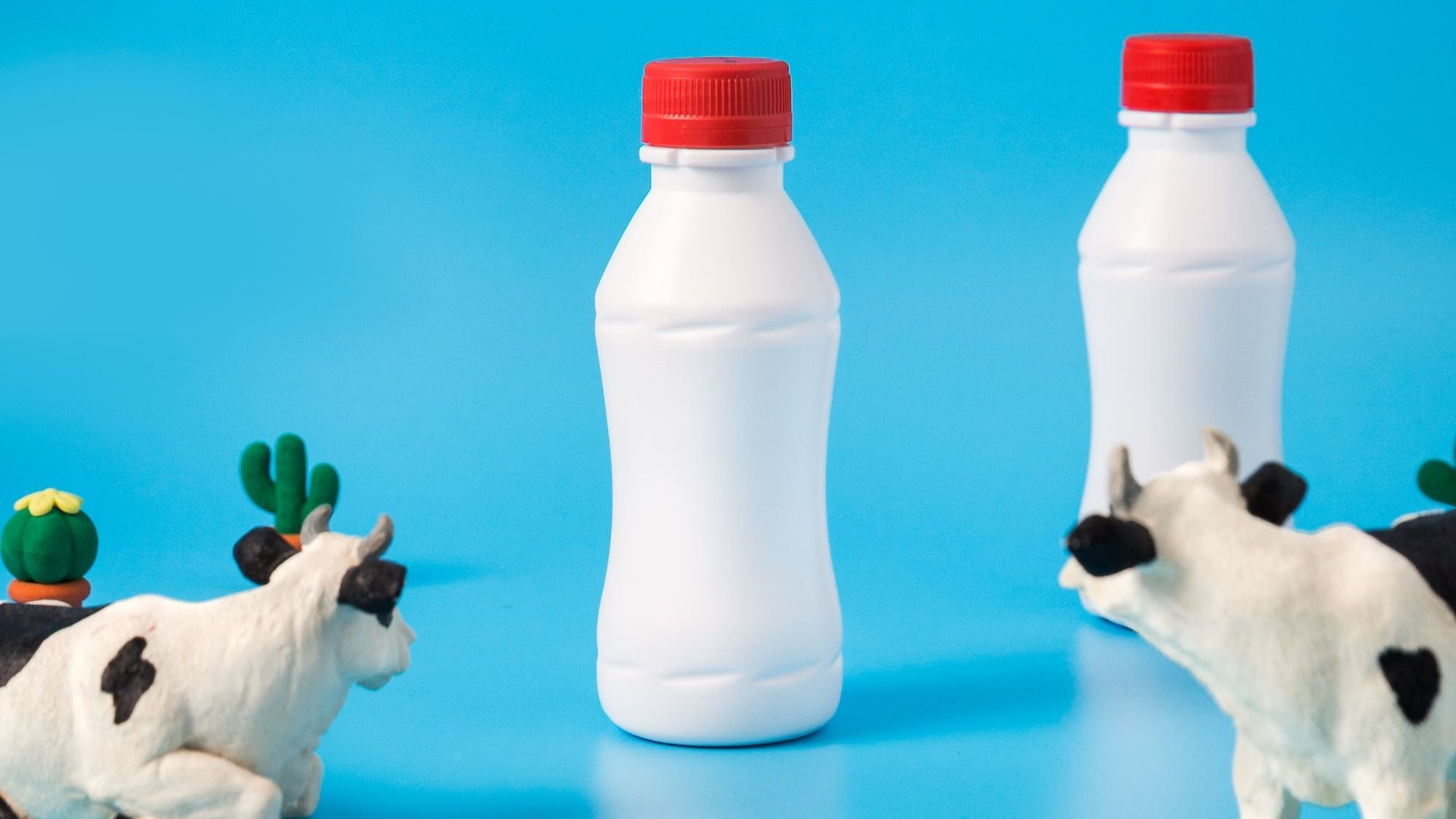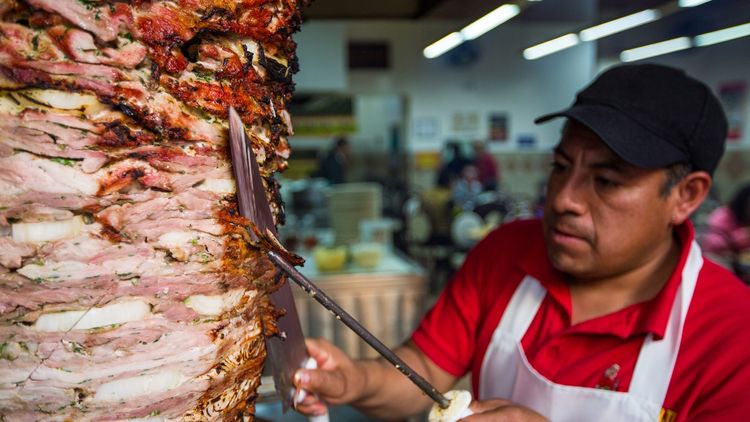The Carnivore Diet Sans Dairy: A Meaty Affair

Today, we're diving into the world of the carnivore diet, but with a twist. We're going to explore the carnivore diet without dairy. Yes, you heard it right, no milk, no cheese, no butter! Sounds challenging? Well, let's find out!
What is the Carnivore Diet?
Before we delve into the dairy-free version, let's quickly recap what the carnivore diet is all about. As the name suggests, the carnivore diet involves consuming only animal products, including meat, seafood, eggs, and certain dairy products while excluding all plant-based foods[1]. The diet encourages the consumption of high-quality, fatty meats like beef, pork, and organ meats, as well as seafood, to provide necessary nutrients and energy[2].
Why Go Dairy-Free?
Now, you might be wondering, "Why would anyone want to exclude dairy from the carnivore diet?" Well, the reasons can vary. Some people might be lactose intolerant, while others might want to avoid potential inflammatory responses associated with dairy consumption[3].
The Dairy-Free Carnivore Diet: What's on the Menu?
So, what does a dairy-free carnivore diet look like? Well, it's all about meat, fish, and eggs. You can enjoy a juicy steak, a succulent piece of salmon, or a perfectly cooked egg. And if you're worried about missing out on the creaminess of dairy, don't fret! There are plenty of fatty cuts of meat that can provide that satisfying, rich mouthfeel.
Remember, variety is the spice of life. So, don't limit yourself to just one type of meat. Explore different options, from chicken and turkey to lamb and venison. And let's not forget about seafood. Fish like salmon and mackerel are not only delicious but also packed with omega-3 fatty acids, which are great for your health[7].

The Health Perspective
Now, let's talk about the health aspect of the dairy-free carnivore diet. According to a study published in the International Journal of Molecular Sciences, the proportion of concentrate in the diet of dairy cows can have contrasting effects on health and fertility[4]. This suggests that the type of diet an animal follows can impact the nutritional quality of the meat we consume.
Another study published in BMC Public Health compared current diets with the Australian Dietary Guidelines and the EAT-Lancet Planetary Health Diet. The study found that the average Australian diet contained less dairy and alternatives than the Australian Dietary Guidelines[5]. This suggests that it is possible to maintain a balanced diet even without dairy products.
The Verdict
So, is the dairy-free carnivore diet for you? Well, that depends on your personal dietary needs and preferences. If you're lactose intolerant or looking to avoid potential inflammatory responses, this diet might be worth considering. However, as with any diet, it's essential to ensure you're getting all the necessary nutrients your body needs.
Remember, it's always a good idea to consult with a healthcare professional or a dietitian before making significant changes to your diet. And most importantly, listen to your body. It's the best guide you have!
References
Further Reading
If you're interested in learning more about the carnivore diet, check out some of my previous blog posts:
- Unleashing the Carnivore Within: Saucing it Up, Carnivore Diet Style
- The Carnivore's Guide to Seasoning Like a Pro
Until next time, happy meat-eating!
- Carnivore Diet Review: Benefits, Downsides, and Sample Menu - Healthline ↩︎
- Carnivore Diet Food List - What You Can & Cannot Eat ↩︎
- Is DAIRY Scary?? Inflammation & Obesity Concerns - 2023 ↩︎
- Proportion of Concentrate in the Diet of Early Lactation Dairy Cows Has Contrasting Effects on Circulating Leukocyte Global Transcriptomic Profiles, Health and Fertility According to Parity ↩︎
- Towards healthier and more sustainable diets in the Australian context: comparison of current diets with the Australian Dietary Guidelines and the EAT-Lancet Planetary Health Diet ↩︎



